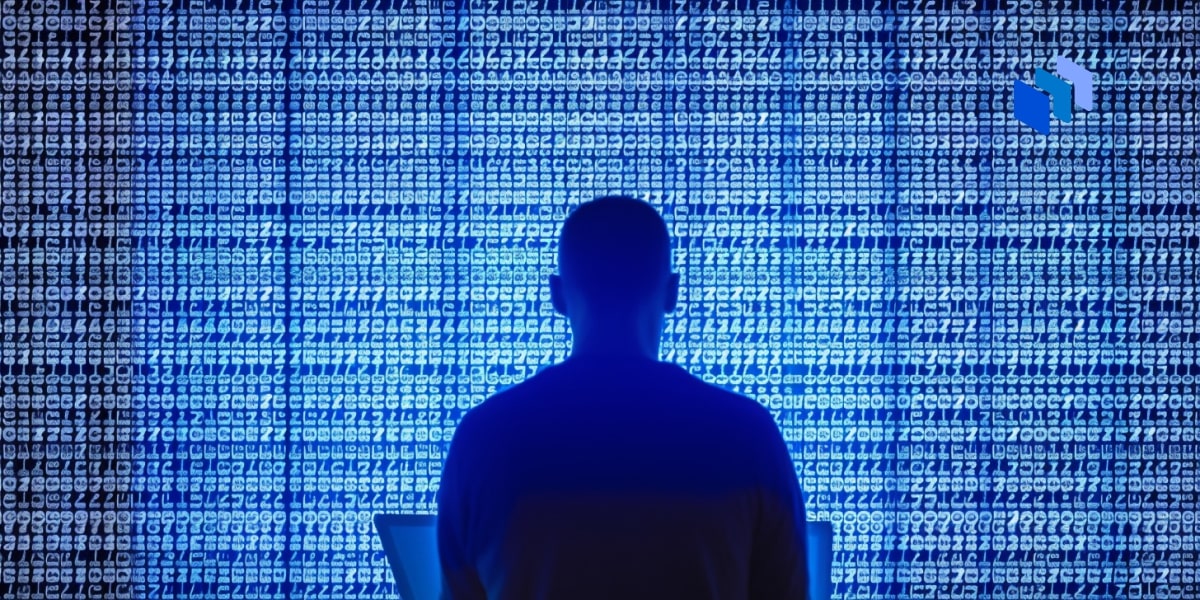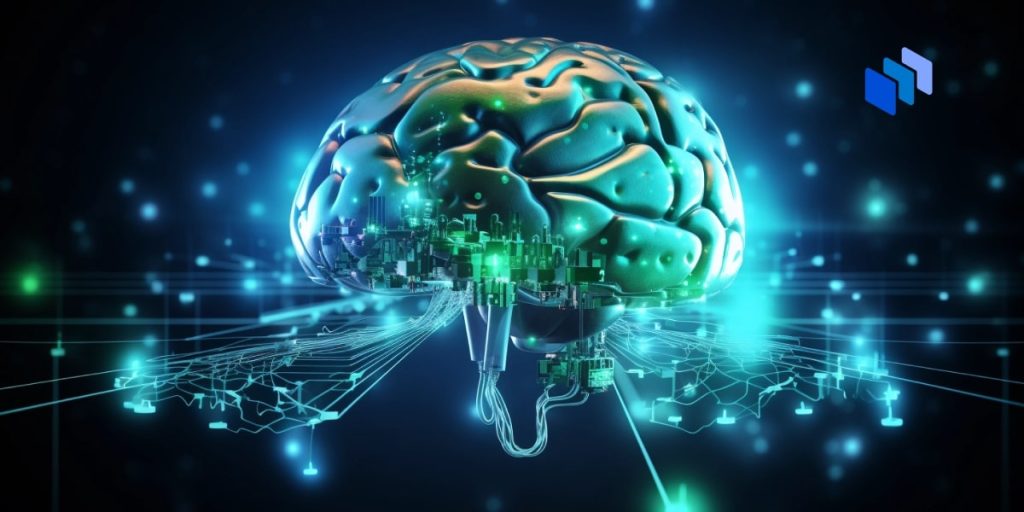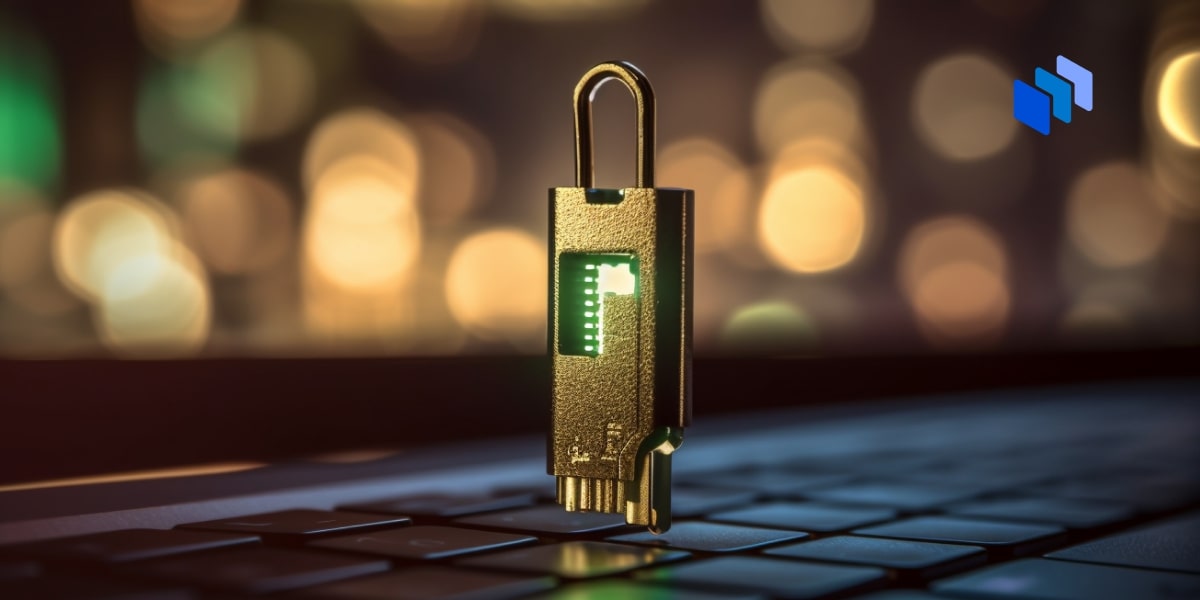With hundreds of tech stories clogging up our newsfeeds every day, it can be challenging to keep up with the pace of technological change. So, we have rounded up a round of the articles that have educated, entertained, and inspired us this week.
The Cost of Convenience: What Americans Are Willing to Sacrifice for Remote Work
As the remote work revolution persists, American workers are willing to sacrifice a portion of their salary for its flexibility. According to Stanford economist Nicholas Bloom, employees would forgo about 8% of their annual income, or roughly $4,600 based on a median salary of $57,200, for a remote work setup. FlexJobs, a remote work site, found that remote employees save around $6,000 annually by cutting meals, commuting, and attire costs.
With nearly one-third of American workers in hybrid roles and 45% reporting savings of at least $5,000 per year, the trend toward remote work appears to be more than just a passing phase. However, shifting to remote work also brings challenges, including increased competition from a global talent pool.
How much is that remote job worth to you? Americans will part with pay to work from home? (USA Today)
Microsoft 365 Copilot: Efficiency vs. Ethics
Microsoft is set to launch Microsoft 365 Copilot, a ChatGPT-style AI assistant integrated into its office applications. It is designed to handle tasks such as summarizing team meetings, drafting emails, and creating PowerPoint presentations. While the company aims to eliminate workplace “drudgery,” critics warn that such technology may replace human workers and create over-reliance on generative AI tools.
Regulatory issues also loom significant, as European and Chinese laws require companies to disclose when content is AI-generated. However, Microsoft argues the onus is on the individual user to clarify. Available from November 1 at $30 per month, Copilot promises to be a game-changer for office productivity but also ignites debates over ethical and practical implications.
Microsoft’s new AI assistant can go to meetings for you (BBC Technology)
74% of Cyber Incidents Point to the Urgent Need for a Culture of Cybersecurity
Despite advanced technical defences, a recent survey reveals that 74% of cyber incidents have a human component. Establishing a culture of cybersecurity is thus paramount for organizational safety.
This begins with buy-in from leadership, extending to continuous communication about cybersecurity’s importance and investing in employee education. By ingraining cybersecurity awareness across all organizational levels, companies bolster their first line of defence and create internal advocates for sustained vigilance.
The Need for a Cybersecurity-Centric Business Culture (Dark Reading)
The Double Life of Jimmy Zhong: Unveiling the Man Behind the $3 Billion Silk Road Crypto Heist
Discover the enigmatic tale of Jimmy Zhong, the man behind one of the largest crypto heists in history, involving the theft of 50,000 bitcoins from the notorious Silk Road. Almost a decade after the hack, which ballooned to a value of over $3 billion, a critical mistake led the IRS-CI straight to Zhong’s doorstep in Athens, Georgia.
Dive into the riveting investigation, backed by never-before-seen footage, and explore how this seemingly ordinary Georgia alum turned local party boy led a double life culminating in a criminal saga.
The secret life of Jimmy Zhong, who stole – and lost – more than $3 billion. (CNBC)
Software Engineer Exposes the Flaws of Modern Hiring
In an exhaustive experiment to quantify the challenges of job hunting, software engineer Shikhar Sachdev applied to 250 jobs over 11 hours. While not actively job searching, Sachdev aimed to understand why 92% of candidates abandon online applications.
He discovered the time to complete applications varied drastically due to different applicant tracking software, with some requiring separate accounts and misreading uploaded information. His analysis also found that larger companies and industries had more time-consuming processes. In a twist, some job seekers are turning to automation tools to mass-apply, raising questions about the efficacy and fairness of today’s hiring systems.
Job Hunting Sucks. This Programmer Filled Out 250 Applications to Find Out Why (Wired)
Layoffs in the Tech Industry Keep Escalating
It’s been a crunch year for layoffs in the tech industry, with a 50% increase over 2022 and worries over 2024 will play out.
In the last week alone, Nokia announced it would cut up to 14,000 jobs — around 16% of its current head-count of 86,000 employees.
Meanwhile, LinkedIn announced it would lay off 668 employees — or more than 3% of staff globally, and Q&A stalwart Stack Overflow said it was losing 100 employees.
Google also announced the end of the line for 50 workers within Google News, meaning they have shed over 12,000 workers this year, or around 6% of its staff.
We asked industry veterans for their outlook and predictions for 2024 and beyond – it wasn’t all doom and gloom, but it looks like tech is on a tricky path in the coming years.
Tech layoffs predictions 2024: Market analysis and future trends (Techopedia)
Why Passkeys and Biometrics are the Inevitable Successors to Passwords
The future of online security is moving towards a passwordless model, with passkeys and biometric authentication taking center stage. Despite their clear benefits for security and user experience, adoption of passkeys has been slow. Consumers often perceive passkeys as less secure and more confusing than traditional passwords.
However, passkeys provide a localized, encrypted form of identification that usually requires biometric validation like fingerprints or facial recognition. While not yet universally adopted and suffering from inconsistent messaging by tech giants like Google and Apple, passkeys offer a more secure alternative to passwords, which are increasingly seen as vulnerable to hacks and ransomware attacks. The shift to passkeys is inevitable and promises a more secure digital landscape.
Passkeys are the end of passwords, and, yes, you want them (TechRadar)
The 90/10 Rule: Dropbox CEO’s Remote-First Approach
In a break from the traditional office model, Dropbox CEO Drew Houston stands by a 90/10 remote work rule, keeping the workforce remote 90% of the year while allocating the rest for off-site gatherings. Advocating for a “trust over surveillance” culture, Houston’s stance starkly diverges from other business leaders calling for a return to the office. Despite some criticisms about the loss of office perks, the virtual-first strategy has reportedly boosted staff retention, making Dropbox an intriguing case study in the evolving landscape of remote work.
The CEO of Dropbox has a 90/10 rule for remote work (Business Insider)
Fast Tech’s E-Waste Surge
The explosion in “Fast Tech” waste, including disposable vapes and mini fans, is intensifying the e-waste crisis. Last year, the UK discarded 471 million such items, highlighting a consumer culture of disposability driven by low costs.
Yet, there’s a silver lining: rising public awareness and possible new regulations are opening the door to a more sustainable future. A collaborative effort from consumers, manufacturers, and policymakers is essential to tackle this issue.
Nearly half a billion small tech items are thrown away (BBC News)
Sidemen are best known for their viral content on and 20 million-strong subscriber base. But the YouTubers are now expanding their business footprint by planning a venture capital fund, Upside VC. Building on their existing ventures in clothing and food and beverage brands, the group aims to engage with startups, particularly in the social media and creator economy realms. Their move highlights the growing trend of creators leveraging their influence and expertise to provide startups with capital, valuable exposure, and business insights.
British YouTubers the Sidemen are raising a VC fund (Sifted)
Meet the Robot That Builds Walls 20 Times Faster Than Humans
Discover the future of construction with FBR’s Next Gen Hadrian X, a bricklaying robot capable of building a tennis-court-sized wall in a mere 4 hours. With 20 times the speed of human bricklayers, this cutting-edge machine operates via tablet, uses ultra-strong construction adhesive, and even works under most weather conditions.
Despite some initial hiccups in brick placement, Hadrian X continues its mission to revolutionize the industry.
Bricklaying robots can now build tennis-court-sized walls in 4 hours (New Atlas)
SEC Chair’s Warning: Could AI Ignite the Next Financial Crisis?
SEC Chair Gary Gensler warns that the unchecked use of AI in finance could lead to the next financial crisis, urging cross-industry regulation. As Wall Street rapidly adopts AI technologies like OpenAI’s GPT-4 for market analysis and advisory roles, the lack of oversight poses what Gensler calls a “hard financial stability issue.” With some banks already banning AI chatbots, the call for regulation highlights the tension between innovation and risk in the financial sector.
It is ‘nearly unavoidable’ that AI will cause a financial crash within a decade, SEC head says (Markets Insider)
Intel’s Core Ultra Rebrand
Intel is undergoing a significant branding overhaul for its processors. The current 14th-gen chips, including the Core i9-14900K and Core i5-14600K, will be the last to feature the familiar Core i-series branding established 15 years ago. Intel is transitioning to a new “Core Ultra” branding scheme, starting with its 15th-gen Arrow Lake desktop CPUs and Meteor Lake laptop chips.
While the segmentation of processors will continue, the new scheme may introduce complexities, particularly in generational identification. Industry watchers anticipate some market confusion, much like AMD faced with its laptop CPU rebranding. The first Core Ultra CPUs are expected to roll out by the end of this year, with the majority slated for next year.
It’s the end of an Era for Intel (Digital Trends)
Black Mirror Creator Dispels AI Fears
Charlie Brooker, the creator of the dystopian series Black Mirror, recently spoke at SXSW Sydney, dismissing fears that AI could replace human creativity in storytelling. Brooker found that AI, specifically ChatGPT, lacked the depth and complexity to create compelling narratives, describing its outputs as “boring” and “derivative.” While he acknowledged the advancements in AI technology, he expressed doubt that it could ever replace the “messy” human element essential for creating impactful art.
Black Mirror creator doesn’t fear AI because it’s “boring” (AVClub)
Footasylum’s Retail Tech Wonderland
Footasylum has launched a digitally integrated flagship store on Oxford Street, featuring a mobile-first customer journey and 100 motion screens for digital signage. This move aligns with an industry trend toward digitizing physical stores to amplify brand engagement and offer personalized, real-time content. The 20,000 sq ft space is part of Footasylum’s ambitious expansion strategy and aims to seamlessly connect online and in-store experiences.
Footasylum opens Oxford Street flagship ‘jam-packed with retail technology’ (Retail Gazette)
How Google’s Green Light AI is Revolutionizing Traffic Management
Google’s Green Light AI project is leveraging data from Google Maps and artificial intelligence to optimize traffic light timing in cities, aiming to improve traffic flow and reduce greenhouse gas emissions. Currently operational in 70 intersections across 12 global cities, the technology offers actionable recommendations that traffic engineers can implement in less than five minutes.
Initial results show the potential to cut emissions by up to 30% at stops and improve journey times by 18%. Unlike traditional methods, which rely on manual counting or costly sensors, Green Light can analyze thousands of intersections simultaneously and adapt to existing traffic systems. The project aims for broader implementation by 2024.
Google’s “Green Light” AI project is improving traffic lights, cutting wait times and emissions (TechSpot)
Massive Data Breach Continues
A hacker known as Golem has leaked a dataset containing records of four million 23andMe users just weeks after a previous breach. This new dataset, made available on the cybercrime forum BreachForums, includes data of individuals from Great Britain and the wealthiest people in the US and Western Europe.
While 23andMe is currently reviewing the data’s legitimacy, the company previously cited “credential stuffing” as the method hackers use to steal user data. Despite prompting users to change passwords and enable multi-factor authentication, many questions remain unanswered about the full extent and intended use of the stolen data.
Hacker leaks millions more 23andMe user records on cybercrime forum (TechCrunch)
IBM Unveils AI-Enhanced TDR Service
IBM has announced its new AI-powered Threat Detection and Response Services (TDR), designed to augment organizations’ cybersecurity measures by offering 24/7 monitoring, investigation, and automated remediation across hybrid cloud environments. The service leverages AI to escalate or close up to 85% of security alerts, accelerating response times. TDR aims to improve alert quality and response speed using crowdsourced detection rules and real-time insights.
IBM Announces New AI-Powered Threat Detection and Response Services (Press Release)
The Bottom Line
In this week’s Tech Headlines roundup, we’ve navigated a labyrinth of technological advancements and ethical dilemmas that underscore technology’s dual role as both an enabler and a disruptor. The growing acceptance of remote work paradigms and AI automation in the workplace speaks to technology’s transformative power, but it also raises questions about job security and ethical governance.
Similarly, initiatives like Google’s Green Light project herald a more sustainable future, even as we grapple with the spectre of AI-induced financial crises and the environmental costs of e-waste. Meanwhile, the creator economy is being redefined as entities like the Sidemen move into venture capital, and cybersecurity emerges as a critical concern, highlighted by episodes like the 23andMe data breach.
These stories collectively indicate the imperative for a nuanced engagement with technology. As we stride into a future teeming with both promise and complexity, the mandate is clear: stay engaged, stay informed, and continually interrogate the ever-evolving technological landscape that shapes our lives, businesses, and the tiny planet we call home.









